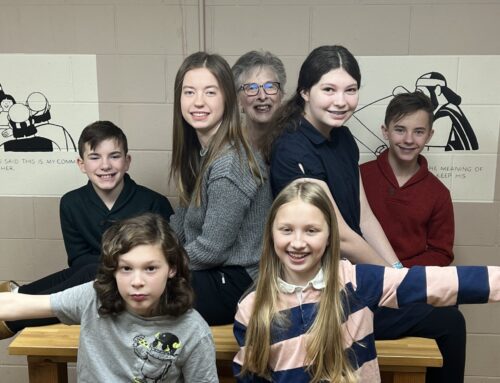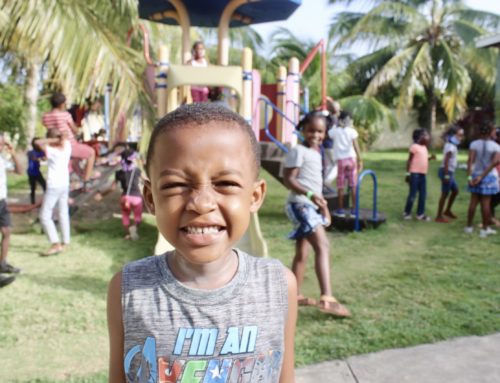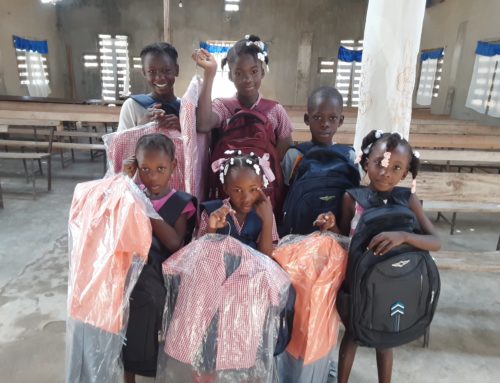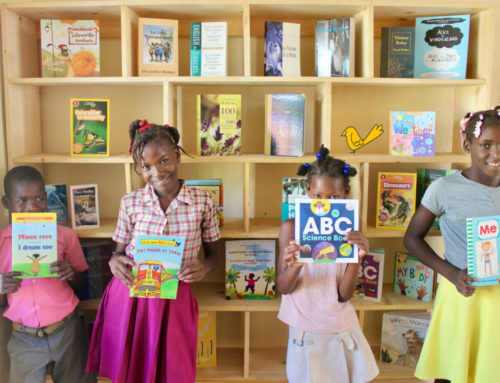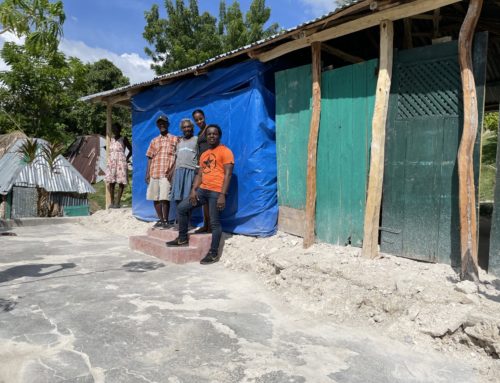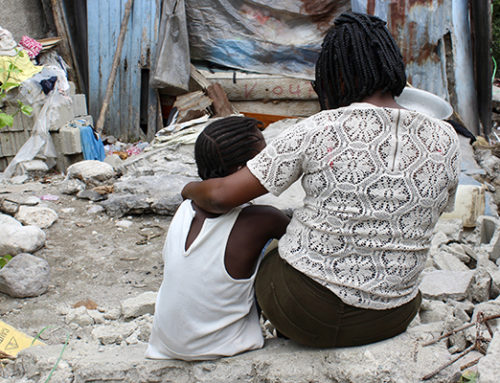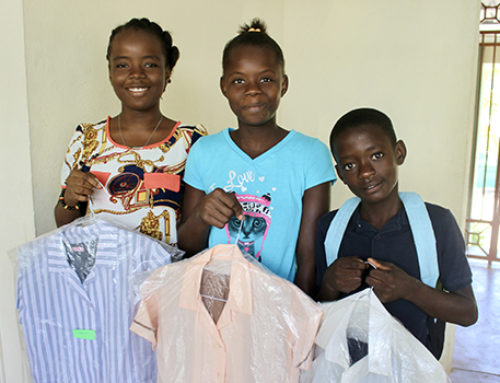By Mathia Philippe, Child Advocate

In Haiti, children aren’t always
viewed as important or valuable.
They
are often considered last in things. This can be seen at a party, for example,
where children are served at the very end or after the adults. Children are placed at the back of the line,
as if they are nothing.
Negative words and actions have
negative consequences on the minds of children at school and in their lives. In
my work with children, I have seen many cases like this. Children end up having
to repeat a grade because of it. I have learned to take time talking with them
in order to get a better understanding of their needs.
Often, after meeting with a child,
I realize their problem is value. That
is to say, they undervalue themselves.
They don’t believe in themselves because of what their relatives say
about them, and it has a negative impact on them. For example, I have a child in my caseload
who always gets bad grades. When I talk
with her, I find out her aunt always tells her she will never amount to
anything. Because of this, the girl is
no longer interested in school. I
encourage her and let her know she has value.
I also tell her that her life will improve and her future will be
brighter. I let her know I love her and
that a lot of other people love her, too.
In general, children believe what
people say about them.
When we ask the
kids in our program who they want to be like, some of them say, “I don’t want
to be like anyone.” This lets us know
that the children don’t like the way the adults around them are living. In my work, I don’t just talk with the kids,
but also with the school principals, the teachers, and the parents, so they can
also support the children psychologically.
I let them know that positive words have a positive impact and negative
words have a negative impact on the kids.
I encourage them to use words like this with the kids: “You are very
nice, beautiful, intelligent smart…”
“You will do well if you keep on going…” Or, “if you do it this way, it may
be better…”
I am so happy to be doing this work, because I
think I can change the life of a child like this. I can work to change people’s attitudes
towards children and how they treat them. As an advocate, I can also talk
directly with the children to show them how loveable they are. I show them how valuable they are. And I can see them starting to feel more confident
and comfortable with themselves.


